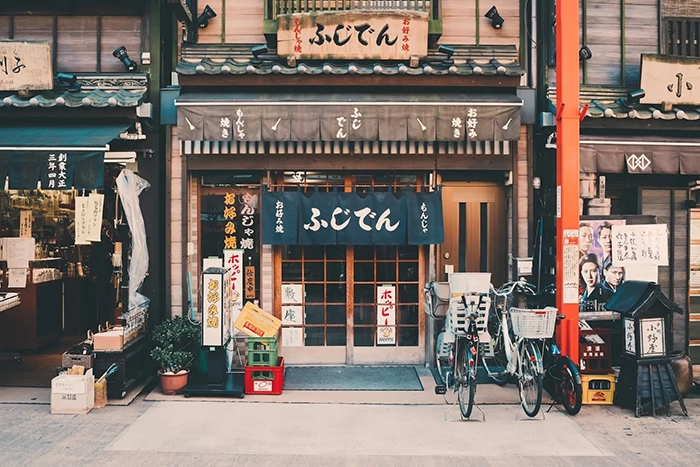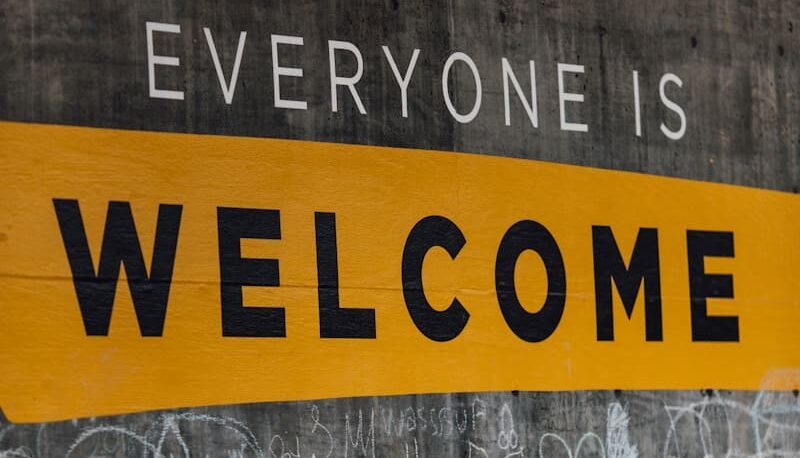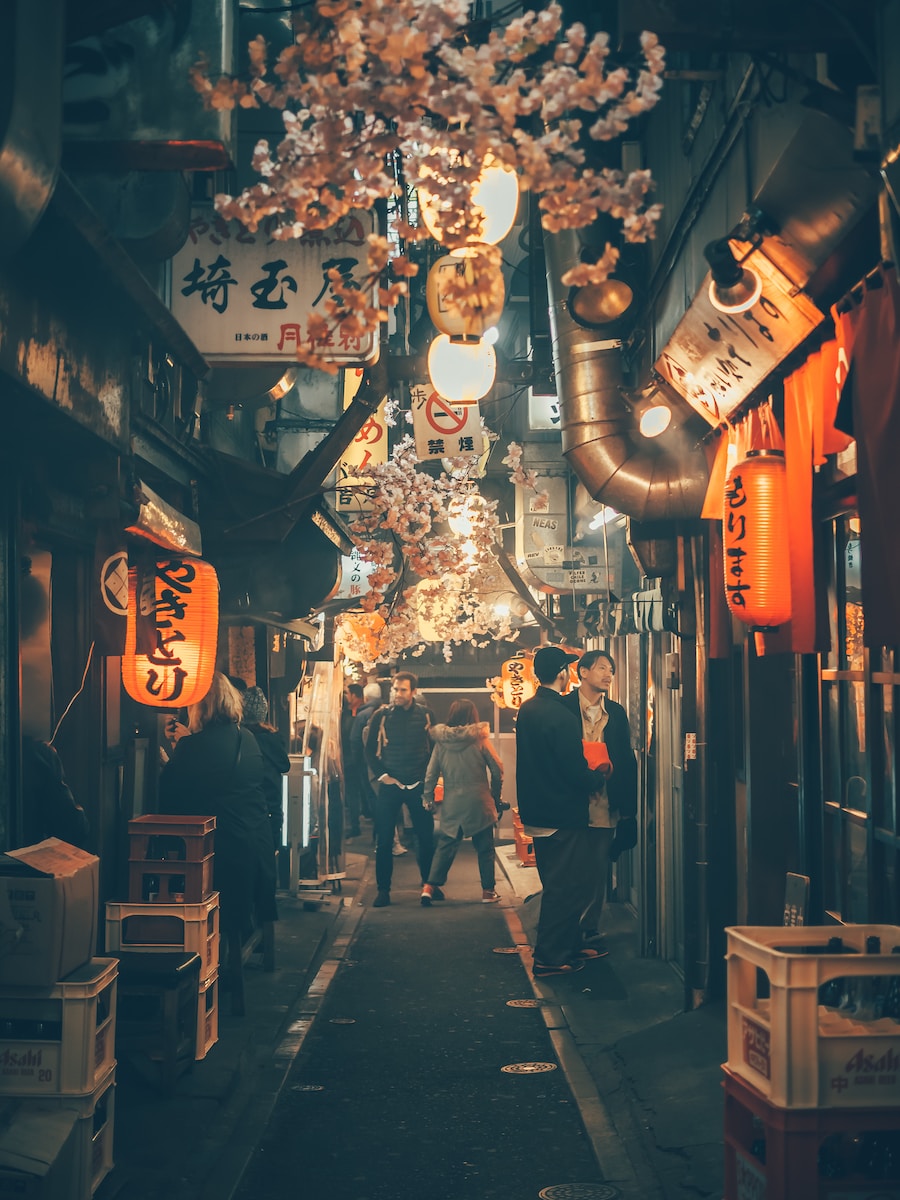Japan is a nation of contrasts that at first seem at odds with each other. Imperial palaces, shrines and gardens with beautiful cherry blossoms contrast with the neon skyscrapers that are commonplace in the busy, crowded capital city, Tokyo. Japan is a developed country with the third largest economy by nominal GDP and is the world’s fourth largest exporter and importer, so definitely a place that many business visitors may find themselves in. With this in mind, it is probably a good idea to be aware of some of the business etiquette rules that will serve you well, along with some other interesting facts about this fascinating nation. The Japanese consumer is highly detail and function conscious, this should guide everything you do.
The simple “Not To Do” list
It is sometimes easier to start with the list of things to avoid so that you can avoid committing a ‘faux pas’ and offending anyone, so here goes…
- Don’t get too hung up about how to greet your Japanese hosts as it is perfectly OK for westerners to offer a handshake. It is probably better not to bow than to try to do it and get it horribly wrong. As a properly executed bow entails taking into account one’s social status, experience and age, it is, understandably, something that could go wrong.
- In Japan, the business card is paramount. Do not forget to get your – good quality – business card translated into Japanese. Business cards are usually given at the start of meetings rather than the end. Do not put a card into your pocket as this is considered rude. Do receive the card as you would the person, so with respect and attention – inspect it appreciatively and been seen to put it in a safe place.
- At meetings (or in other situations) do not be the first to sit down and wait to be seated.
- Do not be late. Punctuality is essential.
- Do not expect a decision to be reached at the first meeting. Most meetings are intended for theorising and not in order to gain a decision. Decision making is a much lengthier process in Japan and far more time is taken in gaining information.
- Don’t speak too loudly or use hand gestures as both are considered rude.
- No hidden surprises. They will not go down well.
- If you have any tattoos, it may be best to cover them up. In Japan, there is a stigma against tattoos, which stems from a number of different sources. From seeing them as a reminder of the sign of the Yakuza, to considering them unhygienic, there are many different reasons why it may be prudent to cover any ink.
- Whilst it is not essential to be clean shaven, there is also an inappropriate feeling when it comes to facial hair. Whilst beards are seen in men in their 20s and 30s in Japan, many of the older generation consider them unsightly and unwholesome, and since good grooming is essential in business circles, if you choose not to shave completely, ensure your beard is well-groomed.
- Numbers are also significant, it’s worth knowing that odd numbers are considered bad luck, as is the number 4 (throughout Asia), even number 9 is associated with hardship.
The ‘Must Do’ list
And the things you should do…
- Do take a small gift (not flowers as it is easy to get the choice drastically wrong) and remember not to open any gift that you may receive until you have left the meeting. Wrap carefully and if given a gift, do admire the packaging! Gift-wrapping is like an art form in Japan, you will be judged by your wrapping.
- If you are invited out to dinner do offer to pay.
- Do remember that all documents should be translated into Japanese and bear in mind that your hosts will like to receive much of the information you have to offer in written form. The Japanese just love to read and research.
- Manners are everything to the Japanese. Be organised and efficient and stick to deadlines.
- Agree the agenda well in advance and take notes as this is seen to be an indication that you are committed and will not forget any points.
The social niceties
Wherever you are in the world, it is a matter of courtesy to be aware of what is expected of you so that you do not unintentionally offend anybody. This is even more so the case in Japan as some things that might be acceptable and commonplace in other countries, may not be the norm in this ultra-polite culture.
- Dress smartly when meeting your hosts. Jeans and casual wear, that might be perfectly acceptable for a visit to a restaurant at home, will certainly not be acceptable whilst in Japan. Make an effort and clean your shoes! You may have to take your shoes off at the door to people’s homes and at restaurants so check your socks and ensure they are clean (and hole-free) so that you do not embarrass yourself or your hosts.
- Don’t speak too loudly and do not draw attention to yourself as this is considered impolite.
- Do not ask hosts for anything if at all possible as the Japanese do feel obliged to fulfil all requests. They will go to great lengths to make sure they do not have to decline. What could be considered a simple request at home that requires a simple “yes” or “no” could be something that would make the life of your host quite difficult.
Japanese culture is unique and sometimes baffling. This will not take away the immense enjoyment you wil get by interacting with Japanese counterpart. Be mindful of the ‘do’s and don’ts’ and have fun getting to grips with Japanese expectations.







